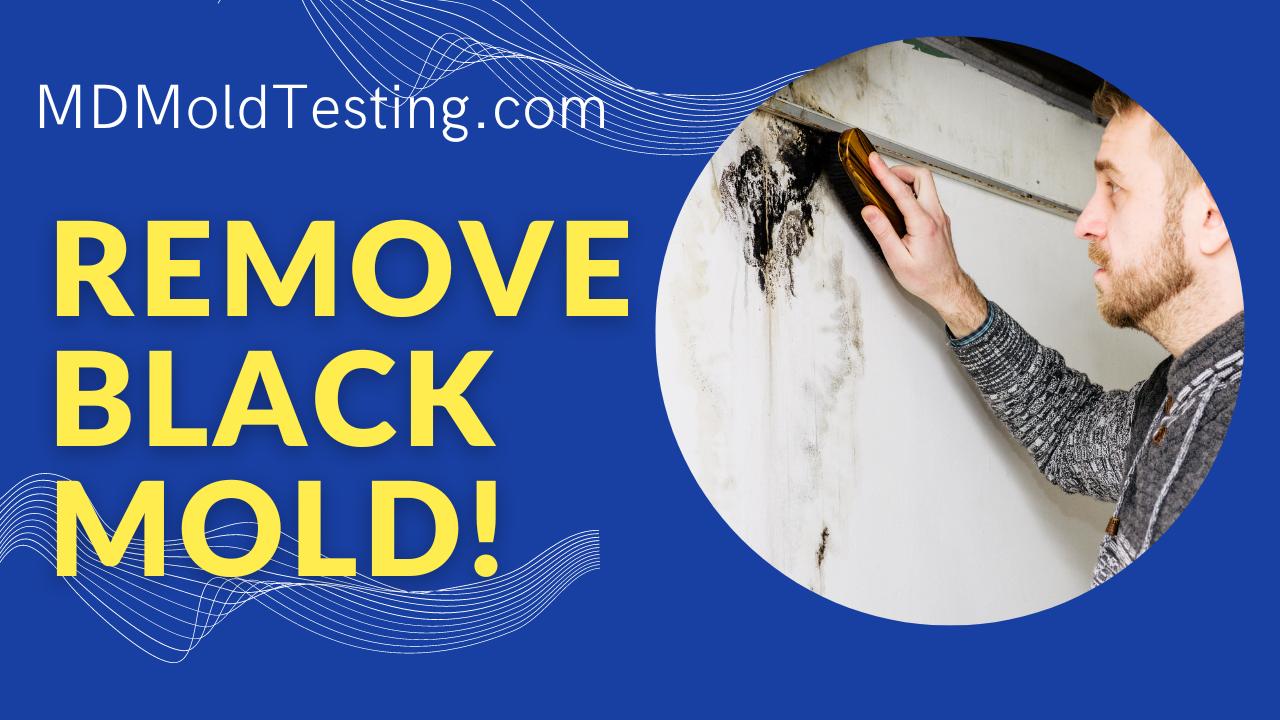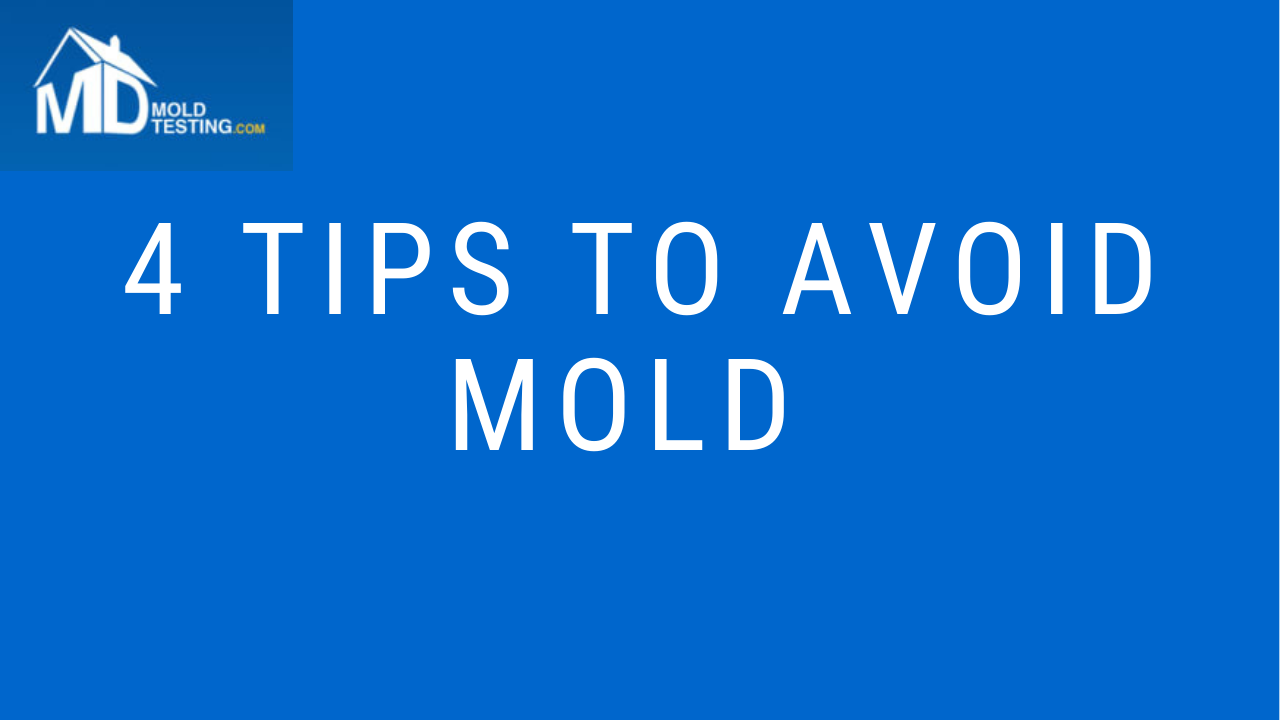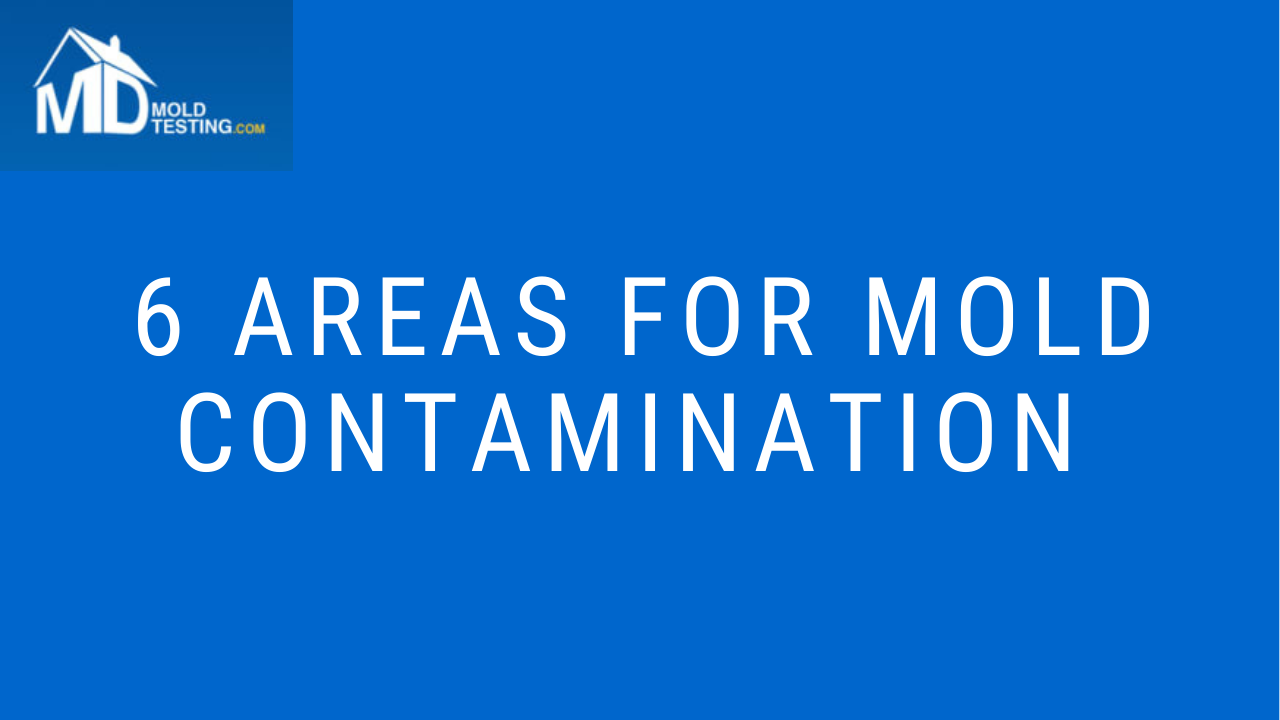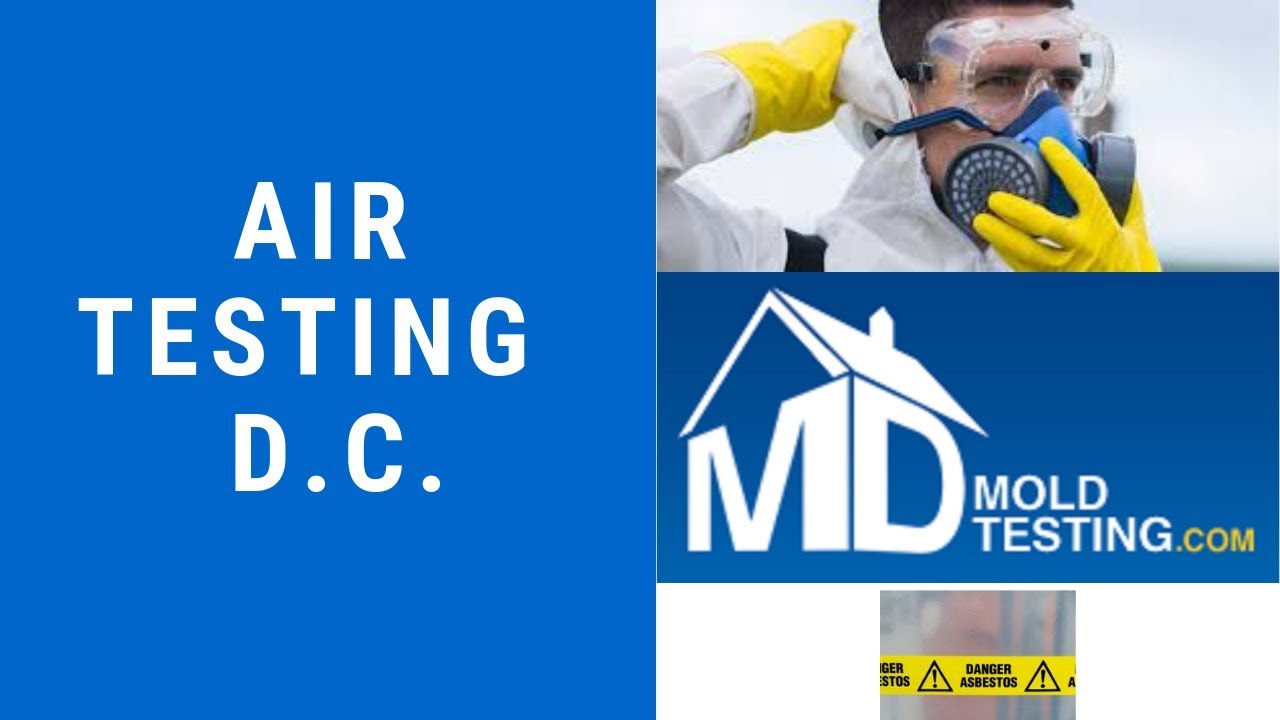- Home
- Mold Testing Alexandria Virginia
Black Mold – How To Kill Toxic Mold In Under 5 Mins!
Black Mold – How To Kill Toxic Mold In Under 5 Mins!
The discovery of ominous black spots on walls or ceilings can be cause for concern. If you have stumbled upon such marks and worried what might be lurking there, you are not alone. This article will examine the notoriously toxic black mold, dispel some myths, and provide science-based recommendations for removal and remediation.
What is Black Mold and Why is it Problematic?
Black mold refers colloquially to Stachybotrys chartarum, a greenish-black mold which produces spores and mycotoxins that can have adverse health effects. This “toxic black mold” thrives in damp areas and releases spores that can cause allergic reactions or more severely compromise respiratory function.
While mold exposure does not always lead to illness, S. chartarum merits special attention due to its production of mycotoxins. Both dead and living black mold can present health hazards if mycotoxins are released and ingested or inhaled. Remediation requires complete removal, not just killing the mold.
Mold Growth Requirements – Moisture Control is Key
For mold growth to occur, three vital elements must be present:
- Moisture – The most critical factor enabling mold colonies to emerge and expand. Preventing moisture buildup via drainage systems, fixing leaks promptly, etc. is imperative.
- Humidity – Warm, humid air encourages mold growth. Dehumidifiers can assist in regulating interior humidity.
- Nutrient-Rich Surface – Porous surfaces like drywall and wood allow mold to dig in and thrive. Non-porous building materials inhibit nutrients mold needs.
Eliminating any one of these elements disrupts the mold life cycle. As moisture control poses the biggest challenge for homeowners, it deserves special attention when dealing with a mold problem.
Solutions For Killing and Removing Black Mold
To combat mold, homeowners may utilize antimicrobial agents tailored specifically to address fungal buildup. Products like Concrobium and Vital Oxide can prove quite effective. However, as emphasized above, truly conquering a black mold problem requires complete removal, not just killing the mold.
For small areas of colonization, non-toxic household staples may assist in mold removal:
- White Distilled Vinegar – This mild acid eliminates 82% of mold species. When combined with baking soda, efficacy improves substantially. The acidic vinegar disrupts cell walls and baking soda dehydrates mold spores.
- 3% Hydrogen Peroxide – Diluted hydrogen peroxide applied directly to affected areas attacks mold at surface level and reaches down into roots. Rinsing afterwards washes away dead spores.
- Borax – This natural mineral with antimicrobial properties can be mixed with water to create a spray solution that hinders mold growth and aids removal.
However, caution should be taken with do-it-yourself mold remediation even when using natural products. Disturbing mold colonies may actually increase one’s exposure to mycotoxins if spores become airborne during the removal process. Professional help is recommended for extensive infestations.
Professional Mold Remediation
Seeking professional mold inspection and remediation services is advisable in cases of widespread colonization or when health symptoms manifest. However, this route understandably gives pause to homeowners worried about costly projects.
To assist in evaluating the severity of a mold problem before calling in the professionals, one can employ a mold inspection checklist. Such a checklist focuses on key aspects like location and surface area of mold growth, moisture levels in the home, and health symptoms exhibited. This DIY analysis helps determine if the infestation is manageable independently or requires expert intervention. Access a free printable mold inspection checklist here.
When to Call In a Professional
The decision to request professional mold remediation services is highly circumstantial. However, the following factors suggest specialized assistance is needed:
- Health symptoms like chronic coughs, respiratory distress, fatigue, etc. manifest after mold exposure
- More than 10 square feet of surface area displays mold growth
- Signs of moisture damage found along with mold (warped floors, water stains, etc.)
- Mold growth observed in HVAC system or air ducts
- Infants, pregnant women, elderly or immunocompromised individuals reside in the home
Remediation companies use commercial HEPA vacuums, protective gear, and antimicrobial agents more potent than household products. They contain the affected area to prevent spore dispersion to other parts of the home during the removal process. All contaminated materials are disposed of properly. Professional contracts also often come with warranties should mold return.
Key Takeaways
Dealing with black toxic mold does not have to be a horror story ending in financial ruin or health calamities if armed with the proper knowledge and resources. By understanding what enables mold to grow, utilizing antimicrobial cleaning agents, checking moisture levels around the home, and calling in reinforcements when necessary, one can conquer mold’s unsightly colonies.
To learn more about protecting your home from mold infestations, visit our website at www.website.com. Please leave any lingering questions in the comments below. We aim to respond promptly to help homeowners and renters breathe easier by keeping dwellings free of mold.
How do you know if mold is behind drywall?
Most mold is unmistakable, but sometimes small or largely hidden growths just make a surface look dirty. A quick test for mold can be done when you dip a swab in diluted bleach (1 part bleach, 16 parts water) and dab it on the wall. If the spot quickly lightens (or keeps coming back after cleaning), assume it’s mold. 4014 Fox Valley Dr, Rockville, MD 20853 (301) 717-1454 http://www.mdmoldtesting.com https://www.facebook.com/MDMoldTesting/
What are signs of mold in your house?
What are the signs of mold? It has a musty, earthy smell. There’s a nearby source of moisture, but not much light. You see warping, cracking, or peeling of whatever material it’s growing on. A drop of bleach lightens its color in a minute or two. Unchecked, mold will continue to grow. Dirt and old stains 4014 Fox Valley Dr, Rockville, MD 20853 (301) 717-1454 http://www.mdmoldtesting.com https://www.facebook.com/MDMoldTesting/
How can I tell if I have mold in my walls?
Mold can be black, green, gray, white, or brown. Mold can even appear orange, pink or purple when it grows behind vinyl wallpaper. Another sign of visible mold is discoloration of walls, even if it has been painted over. If the water damage inside the walls persists, mold will show signs on the surface. 4014 Fox Valley Dr, Rockville, MD 20853 (301) 717-1454 http://www.mdmoldtesting.com https://www.facebook.com/MDMoldTesting/
How is Mold Testing Done?
These samples are taken by using a pump that forces air through a collection device which catches mold spores. The sample is then sent off to a laboratory to be analyzed. InterNACHI inspectors who perform mold inspections often utilize air sampling to collect data, which has become commonplace. 4014 Fox Valley Dr, Rockville, MD 20853 (301) 717-1454 http://www.mdmoldtesting.com https://www.facebook.com/MDMoldTesting/
4 Tips to Prevent Mold This Summer
4 Tips to Prevent Mold This Summer
Limit Indoor Moisture
Mold thrives in moist, dark environments, so the simplest thing you can do to prevent mold is to address
leaks and deal with water damage. In damp, dark areas like under sinks and in the basement, check for drips and pooled water.
Tackle leaks as soon as you find them, so you don’t give mold spores a place to call home.
Keep Humidity Under Control
Controlling airborne moisture levels is another smart way to prevent mold from thriving in your home.
Start by checking your thermostat to make sure the humidity level is below 50 percent.
If your HVAC system needs an extra boost to lower moisture levels, consider getting a portable
dehumidifier for a certain area of your house or investing in a whole-home dehumidifier that
can resolve humidity problems throughout the house.
Ventilate Your Home
If it often seems like air sits in your home without circulating in and out,
mold and moisture could be building up and creating a mold problem.
Improve ventilation by turning on exhaust fans in the bathroom and kitchen,
as these handy devices are designed to push moist air outside where it belongs.
Stick to a Cleaning Routine
A regular cleaning routine can do wonders for mold issues in your home. Vacuum, dust, and mop surfaces
and floors in your home once a week, and take care to dry any wet surfaces. This strategy gives mold fewer
opportunities to thrive and helps your home smell fresh at the same time.
Md Mold Testing
Address: 4014 Fox Valley Dr, Rockville, MD 20853
Phone: (301) 717-1454
Website: https://www.mdmoldtesting.com
6 Common Areas For Mold Contamination In Your Rockville Maryland Home
Read the full article here: https://www.mdmoldtesting.com/blog/mold-guide-101/
Mold, one of the most prolific organisms in the world, loves to hide in your home, taking up residence, and growing easier.
1. The Kitchen
2. The Bathroom
3. The Basement Or Crawl Space
4. Inside Your HVAC System
5. On the Components of Appliances
6. On Your Plumbing and Ductwork
For professional Mold Testing in the Washington D.C. Maryland area please contact Jeff Pace at:
Address: 4014 Fox Valley Dr, Rockville, MD 20853
(301) 717-1454
Website: https://www.mdmoldtesting.com
Here is an article about mold testing in the Washington D.C. Area.
Mold Testing Alexandria Virginia How do you know if mold is making you sick? (301) 717-1454
Mold Testing Alexandria Virginia How do you know if mold is making you sick? (301) 717-1454
Mold Testing Alexandria Virginia Call 301-710-9743 How do you know if mold is making you sick?
Symptoms of mold exposure may include headache, sore throat, runny nose, coughing, sneezing, watery eyes and fatigue.
In those with asthma, asthma attacks can occur. In those with impaired immune systems, serious infection can occur. Business Name: MD Mold Testing Address: 4014 Fox Valley Dr, Rockville, MD 20853
Phone: (301) 717-1454
Website: https://www.mdmoldtesting.com
Facebook: https://www.facebook.com/MDMoldTesting
Twitter: https://twitter.com/MdMold
Mold Testing Alexandria Virginia Is mold behind drywall dangerous? (301) 717-1454
Mold Testing Alexandria Virginia Call 301-710-9743 Is mold behind drywall dangerous? Toxic black mold can release spores as it feeds on common household materials such as drywall, carpet, insulation, or sub-flooring that have been exposed to moisture.
These spores, if ingested or inhaled, can cause a range of unpleasant and even dangerous symptoms in humans.
Business Name: MD Mold Testing
Address: 4014 Fox Valley Dr, Rockville, MD 20853
Phone: (301) 717-1454
Website: https://www.mdmoldtesting.com
Facebook: https://www.facebook.com/MDMoldTesting
Twitter: https://twitter.com/MdMold
How do you know if mold is making you sick?
But others could make you sick. “Though small amounts of mold probably won’t hurt us, there is no species of mold that is ‘safe’ when inhaled. … Symptoms of mold exposure may include headache, sore throat, runny nose, coughing, sneezing, watery eyes and fatigue. In those with asthma, asthma attacks can occur.
MD Mold Testing
4014 Fox Valley Drive Rockville MD 20853
Phone: 301-717-1454
Website: https://www.mdmoldtesting.com
Facebook: https://www.facebook.com/mdpromoldtesting
Twitter: https://twitter.com/MdMold
Mold Inspection & Air Testing In Washington D C
Mold Inspection & Air Testing In Washington D.C. Basics. When purchasing a new house getting a mold inspection should be high on your list of priorities.
Mold Inspection & Air Testing In Washington D.C. Basics
When purchasing a new house getting a mold inspection should be high on your list of priorities. A typical Washington D.C. home inspection is not the same thing as a Mold Inspection.
The price of your Washington D.C. mold inspection is based primarily on the square feet of your house. Before you decide whether you will pay for you Mold Inspection & Air Testing in Washington D.C. let’s take a closer look at what we are dealing with.
What is Mold?
Mold is a fungus which loves to hang out in moist places. The love it so much that they grow like crazy there. Mold grows by emitting spores or particles that are way to small to even see without a microscope.
These spores are everywhere, inside, outside and of course in your Washington D.C. home. It is next to impossible to eliminate all mold spores from a Washington D.C. home.
Fortunately mold spores are created only when they come in contact with a wet surface. So it is advised to keep your Washington D.C. home dry. This way you can avoid having mold in the first place. If your Washington D.C. home is perfectly dry you might not need a Mold Inspection & Air Quality Testing In Washington D.C.
Take care of AC and heating issues, roof leaks, water spills and be sure to check out the ventilation in the bathroom and kitchen especially. You might consider investing in a small wet vacuum.They can come in handy if you have collected water in your Washington D.C. home.
You should get rid of mold in your Washington D.C. home because is can cause degradation of your house can mold can provoke allergy and asthma attacks.
When to inspect for mold
If you see mold in your Washington D.C. home congratulations! You got yourself some mold! If you see it in the crevasses of your walls it means you have mold and it is growing and thriving in your house. Also remember your mold friends grow in hidden places you do usually look like between walls or in air ducts.
- Water Degradation– If there are leaks, floods, broken pipes, kitchen spills or just anywhere that is wet. Look for mold! Dry up spills quickly!
- Buying a new Washington D.C. Home- You have no way of knowing what type of water accidents occurred in the home you are purchasing. In this case you need to get a professional Mold Testing & Air Inspection in Washington D.C.
- Watch out for houses that have not had anybody living in the them awhile! It could be infested with mold. It might be to to get a Mold Testing & Inspection in Washington D.C. for your home.
- Be on the lookout for mold even after you had a professional Mold Testing & Air Inspection in Washington D.C. and mold removal service. It can come back! Be vigilant.
- If you find mold in one place it can be elsewhere. Mold gets around! Get a professional Mold Testing & Air Inspection in Washington D.C. to be sure.
Washington D.C. Mold inspection vs. Washington D.C. Mold Testing
Washington D.C. Mold Inspection just finds the mold. Washington D.C. Mold Testing tests to see what type of mold you have.
What happens during a Washington D.C. mold inspection & Air Quality Inspection?
A Washington D.C. mold inspection & air quality inspection is mainly a visual inspection. Mold inspectors are equipped with a quality flashlight, basic tools and perhaps special cameras or a moisture meter.
A quality Washington D.C. Mold inspector will look for places within the house that typically are know to have mold growth. They may even have to remove some sections of wall to look for the mold within the walls. Mold inspectors always look for the source of the mold. Then the Washington D.C. mold inspector will come up with a remediation plan.
Make sure you use a Washington D.C. mold inspector with professional experience and reviews. We recommend Jeff Pace at MDMoldTesting.com who has been performing mold inspections for over 24 years. He is also the chief mold inspector for HUD.
How Much does a Washington D.C. Mold Inspection & Air Quality Inspection Cost?
The cost is based mainly on the size of the house.Mold inspection costs $300 to $400 for small to medium-sized houses (below 4,000 square feet). Above 4,000 square feet, the cost increases to the $700 to $900 range. Here is a more exact breakdown from a Washington D.C. Mold Inspection & Air Quality Inspection Professional.
Please note that the prices we are talking about here just include the inspection and not the testing or mold remediation.
How to Find the Right Washington D.C. Mold Inspection & Air Quality Inspection Professional?
Looking for reviews online is a great way to find a Washington D.C. Mold Inspection & Air Quality Inspection professional.
After the inspection
If the Washington D.C Mold Testing & Air Quality Professional finds mold then you need to come up with a remediation plan. Your Washington D.C. Mold Testing & Air Quality Professional will help you with this. If you can see all the mold you may just be able to clean it up easily.
Here are some more articles about Mold Testing and Air Quality Inspection in Washington D.C.
What is the Typical Mold Inspection & Air Testing Process in Washington D.C.?
How do you test for mold exposure?
How long does it take for a mold test?
http://www.moldtesting-pros.com/moldtestingblog/how-long-does-it-take-for-a-mold-test/
Is it safe to stay in house with mold?
http://www.moldtesting-pros.com/moldtestingblog/is-it-safe-to-stay-in-house-with-mold/
Is it safe to stay in house with mold?
What does a mold inspection consist of?
http://www.moldtesting-pros.com/moldtestingblog/what-does-a-mold-inspection-consist-of/
What happens if you leave mold ?
http://www.moldtesting-pros.com/moldtestingblog/what-happens-if-you-leave-mold/
Mold Testing D.C. 301-717-1454
http://www.moldtesting-pros.com/moldtestingblog/mold-testing-d-c-301-717-1454/
Professional Mold Testing Washington D.C
http://www.moldtesting-pros.com/moldtestingblog/professional-mold-testing-washington-d-c/




